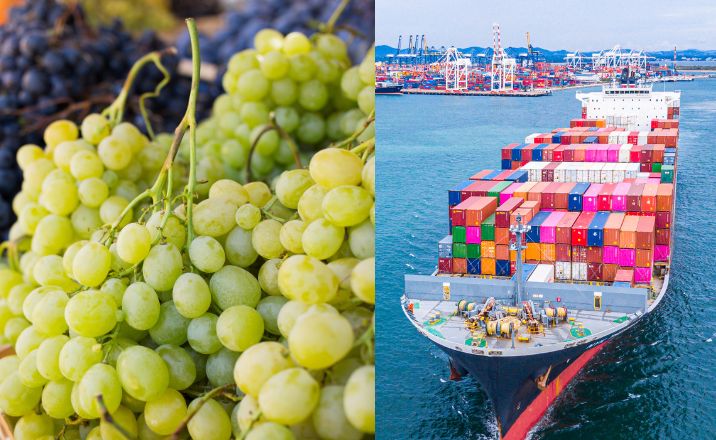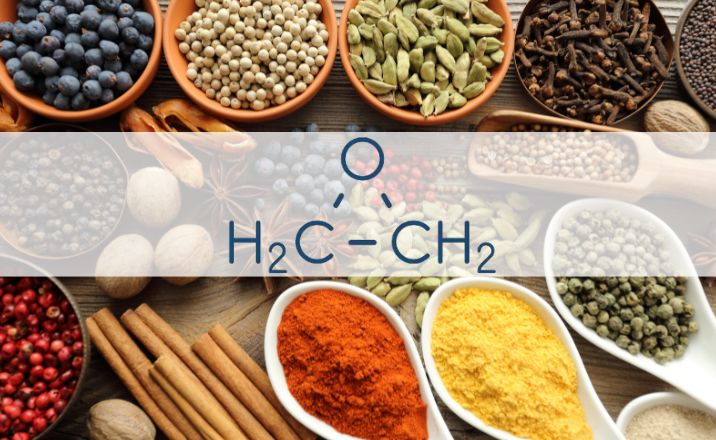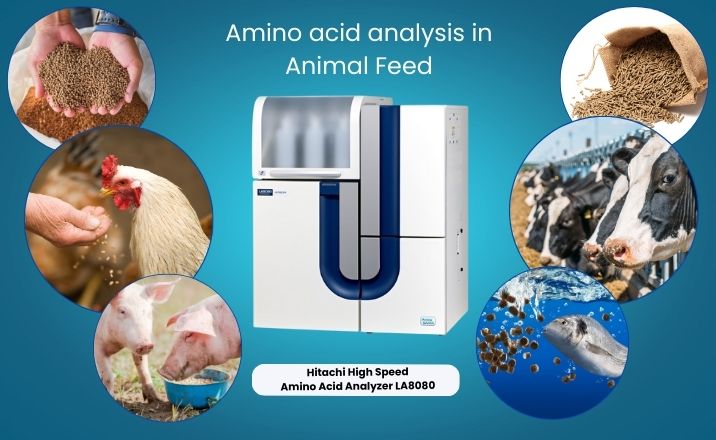Comprehensive Guide to Exporting Grapes from India

Exporting grapes from India plays a crucial role in the global market, with the country being one of the leading exporters of high-quality grapes. To successfully navigate the complexities of grape exportation, exporters must understand market demands, comply with international standards, and meticulously manage documentation and logistics. This blog provides a detailed overview of the entire process, from pre-export preparation to post-export procedures, regulatory compliance, and key export opportunities.
Market Overview
Grapes are a significant fruit crop in India, occupying an area of 175.93 thousand hectares, which represents 2.5% of the total area dedicated to fruit production in 2023-24. India stands out as a major exporter of fresh grapes globally. During the fiscal year 2023-24, India exported 343,982.34 metric tons of grapes, generating revenue of INR 3,460.70 crores (approximately USD 417.07 million).
The primary export destinations for Indian grapes include the Netherlands, the United Kingdom, the United Arab Emirates, Russia, and Bangladesh. This extensive export network underscores India’s significant role in the global grape market, demonstrating its capacity to meet international quality standards and market demands.
Leading Grape-Producing States in India
India’s grape production is concentrated in a few key states, each known for their high-quality varieties:
- Maharashtra: The leading grape-producing state, known for Thompson Seedless and other export-quality varieties, accounts for over 67% of India’s total production with the highest productivity levels.
- Karnataka: The second-largest producer, contributing around 28%, is renowned for a variety of high-quality grapes.
- Andhra Pradesh: Known for its diverse grape varieties, benefiting from favourable climatic conditions.
- Tamil Nadu: Notable for its focus on export-quality grapes.
These states are pivotal to India’s grape industry, ensuring a robust supply for both domestic and international markets.
Sources for Procuring Grapes
Exporters can source grapes through several key methods:
Direct Vineyard Engagement: Visiting grape-producing regions allows exporters to assess grape quality firsthand, understand cultivation practices, build direct relationships with producers, and negotiate favorable procurement terms.
Farmers’ Markets: These marketplace hubs offer a concentration of multiple suppliers, transparent pricing, real-time market intelligence, and the ability to compare different suppliers.
Trade Association Networking: Professional associations provide verified supplier databases, insights into quality certification, regulatory compliance information, and analysis of industry trends.
These methods ensure that exporters can source high-quality grapes efficiently and effectively.
Pre-Export Documentation
- Packhouse Recognition Certificate: Issued by APEDA, this certificate ensures that the packhouse adheres to the necessary standards for processing and packaging grapes for export.
- Certificate of Authorization: Provided by the Directorate of Marketing and Inspection (DMI), this certificate authorizes the entity to handle and export grapes.
- Fumigation Certificate: This certificate serves as proof that both the grapes and any wooden packing material used have been treated for pests and diseases, meeting international export requirements. It is issued by the Government of India.
- Agmark Grading Certificate: Also issued by DMI, this certificate certifies the quality and grade of the grapes, ensuring they meet the specified standards.
- Phytosanitary Certificate: This document certifies that the grapes are free from pests and diseases, complying with the health requirements of the importing country.
- Certificate of residue analysis: Issued by NABL and APEDA approved laboratories, this certificate confirms that the grapes meet the required residue limits for pesticides.
Post-Export Documentation
- Customs Declaration: Required for export clearance.
- Certificate of Conformity: Ensures compliance with importing country standards.
- Export Packing List: Detailed list of shipment contents.
- Insurance Certificate: Covers shipment during transit.
Export Procedure
- Market Research: Identify demand and regulatory requirements in target countries.
- Compliance with Standards: Ensure grapes meet international quality standards, including pesticide residue and microbiological testing.
- Harvesting and Packaging: Harvest grapes at the right maturity stage, pack in ventilated, food-grade cartons, and use temperature-controlled storage and transport.
- Logistics and Shipping: Choose reliable logistics partners for temperature-controlled shipping, ensuring efficient customs clearance and real-time tracking.
- Documentation and Certification: Prepare all necessary pre-export and post-export documents and obtain required certifications and clearances.
Key Considerations for Exporters
- Quality Control: Regular testing and adherence to international standards are crucial for maintaining export quality.
- Documentation Accuracy: Ensure all documents are correctly filled and submitted on time to avoid delays.
- Market Trends: Stay updated on market trends and consumer preferences to remain competitive.
- Logistics Efficiency: Choose reliable logistics partners to ensure timely delivery and minimal loss.
Why Choose Us?
At Envirocare Labs, we specialize in comprehensive grape testing services that help producers, exporters, and consumers ensure the highest standards of quality, safety, and regulatory compliance. Our state-of-the-art facilities, equipped with advanced technologies such as LCMS/MS (Liquid Chromatography-Mass Spectrometry) and GCMS/MS (Gas Chromatography-Mass Spectrometry), ensure the highest level of accuracy and reliability in grape testing.
We understand the importance of timely results in the competitive grape market, which is why we offer fast turnaround times (TAT), enabling you to make informed decisions quickly.
For more detailed guidance on exporting grapes and ensuring compliance with international standards, visit Envirocare Labs.






